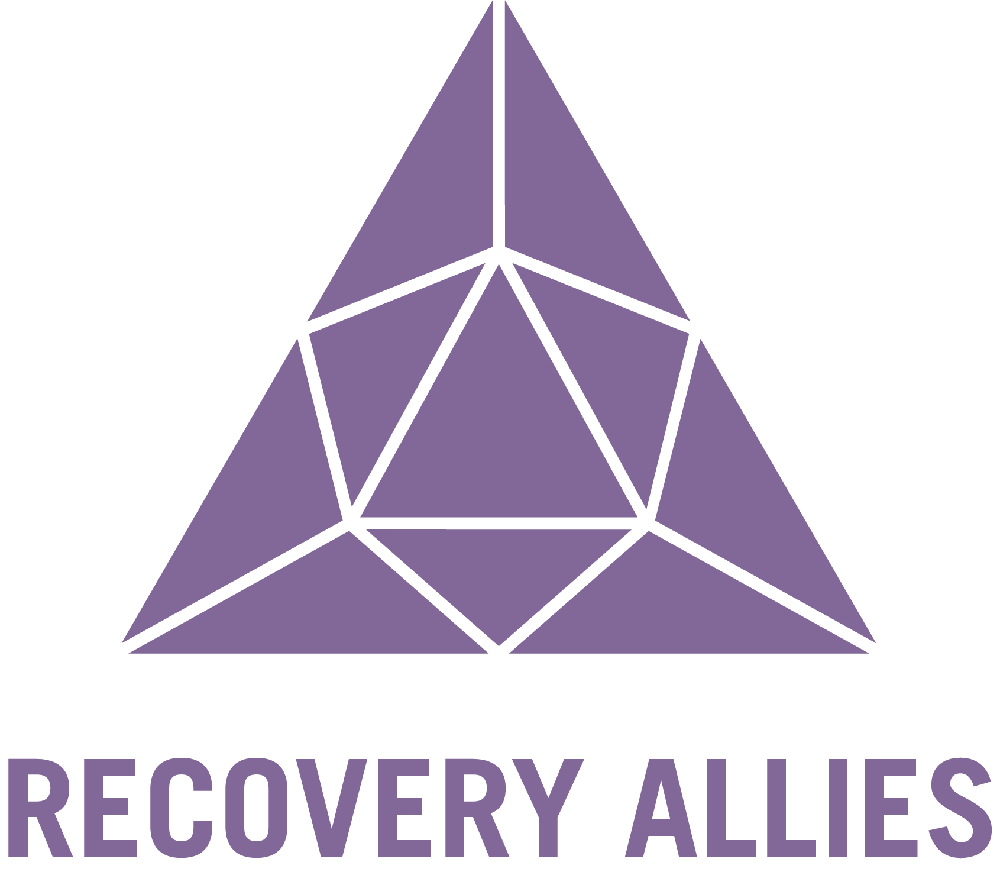The Gift of Sobriety - Tips for a Successful Holiday Season
Those who’ve experienced the holidays as a sober person will likely attest that alcohol and substances are synonymous with American holidays. Beer, liquor, wine, and champagne are casually served at corporate events, holiday parties, family dinners and given as gifts. With so many people participating, those who can’t participate may feel a sense of exclusion, obligation or some other social pressure.
This internal pressure is unnecessary and can be eliminated with the proper boundaries. Below are some tips for how to manage your sobriety during the holidays.
Sobriety Comes First
This is not a tip so much as a friendly reminder: your sobriety is your first, middle, and last concern. No one knows what you need in order to be comfortable more than you do. Conversely, your sobriety is a benefit to everyone around you as well, whether they know that or not. Keep this thought first in your mind, always.
Don’t Feel Pressure to Attend Every Event
The holidays are a time of celebration and it is not uncommon to receive multiple invites to multiple events. Exhaustion can be dangerous for a sufferer of substance abuse disorder. Prioritize your schedule and your events. If you feel obligated to be at a work party, make it your first priority and allow yourself some leeway to decline other invitations.
You are not obligated to attend an event simply because you are invited. In fact, overextending yourself can serve to normalize the behaviors you are trying to avoid. Preserve your energies, mental, physical, and emotional, to help you maintain your comfort level.
If you feel that a person attending an event, or an event itself, will trigger you, politely decline. No one has a right to your presence when your attendance may affect you adversely.
Think Ahead
Before attending any events where alcohol (or any substance) will be served, try to center yourself before you arrive. Some examples: talk with your sponsor or a friend, meditate, do some low impact exercises, etc. Any practice or activity that can keep you centered in your body will be helpful to navigating potential triggers.
Know How You’ll Leave
If you feel uncomfortable or triggered, have a plan for how to leave. Whether it’s quickly thanking the host and making an early exit or slipping away quietly and unnoticed, determine your exit strategy ahead of time and make use of it, should the need arise.
It may be best to practice ahead of time if you’ll be saying goodbye early. Some people are more rambunctious than others at social events. Remember that their expectations for you are not what is important. Sobriety is what matters most.
Reach out
Though it may not feel like it at times, it is important to remember that many people share your struggle. They are being invited to the same type of events and have to plan for the same contingencies. Finding a group of like-minded people can relieve much of the internal pressure that the holidays bring to those who suffer from substance use disorder.
Some examples of finding community could be: a 12-step meeting or alternative, plan a sober holiday event for you and your sober friends, take a trip with others of like mind and avoid the triggering elements of being home for the holidays, etc.
There are many ways to enjoy the holidays without substances. Avoiding triggers, or identifying them quickly and remedying them, is paramount. Sobriety is a greater gift to an substance abuser than any physical gift that can be given. Keep that in mind, put your sobriety first, and plan ahead.


